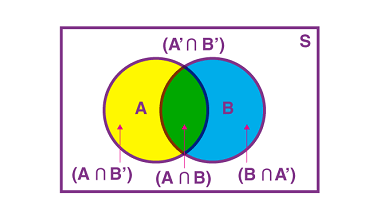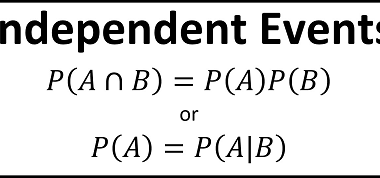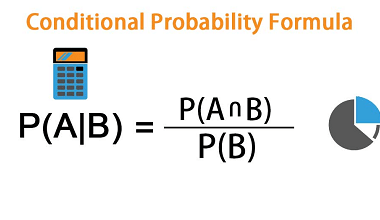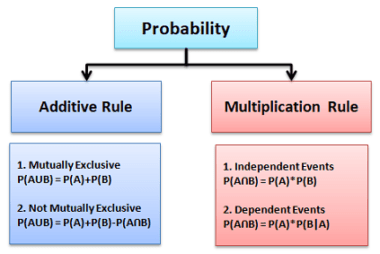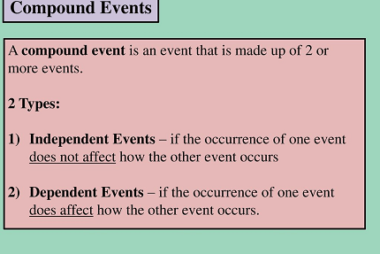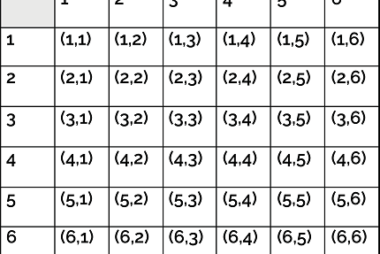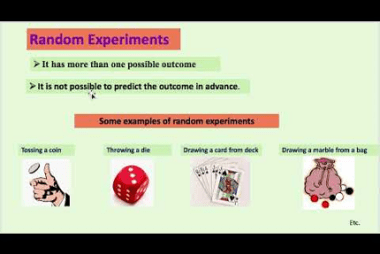Bayes Theorem
Bayes’ Theorem is a fundamental theorem in probability theory that describes the relationship between conditional probabilities. It is named after the English mathematician Thomas Bayes, who first introduced the concept in the 18th century. Bayes’ Theorem states that the probability of an event A, given that event B has occurred, is equal to the probability…

